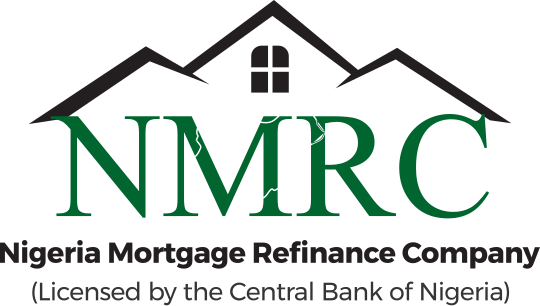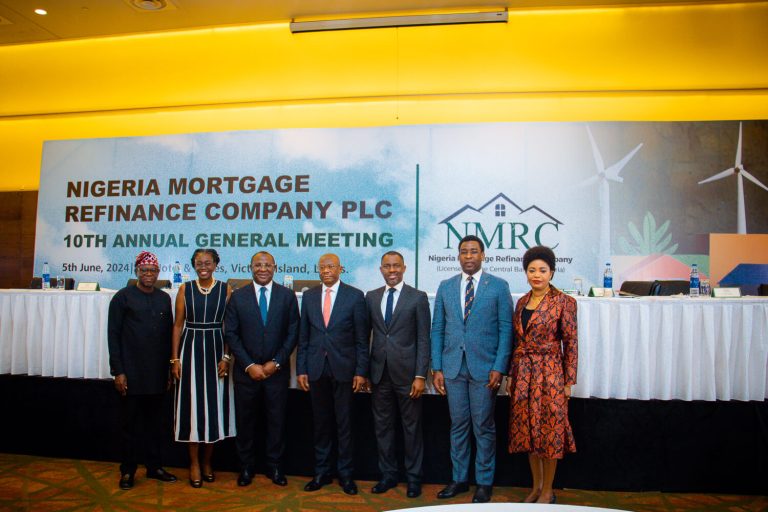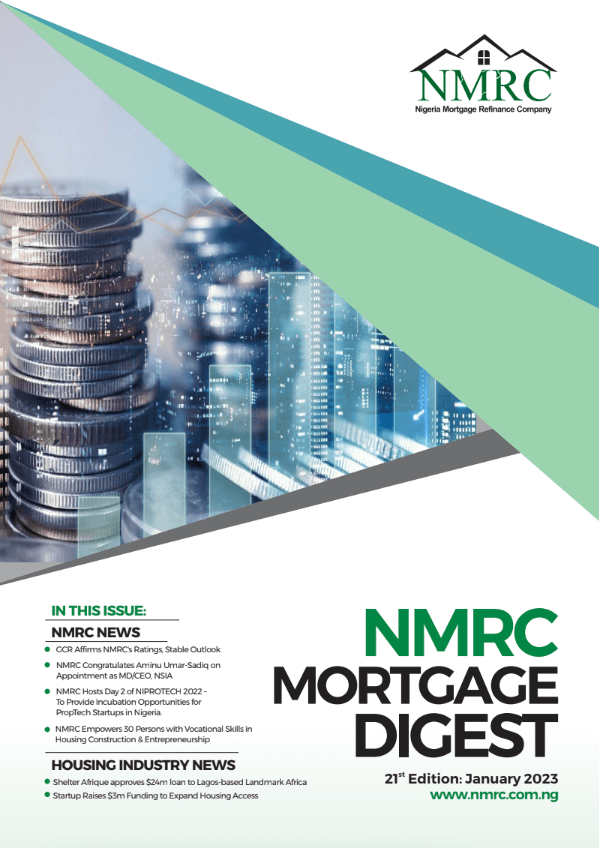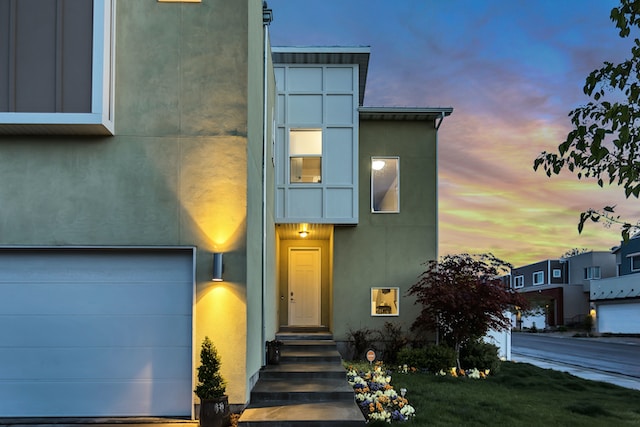Mortgage and Housing Trends
- Home
- Mortgage and Housing Trends
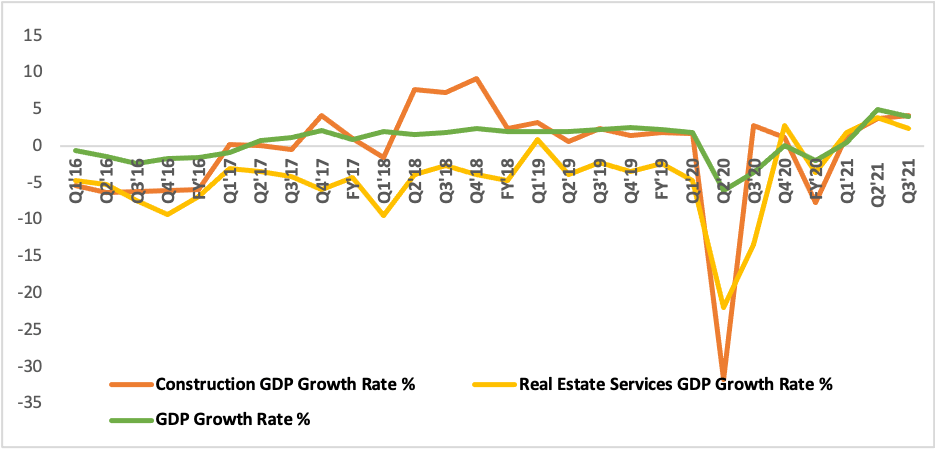
Note: Construction, Real estate and GDP Growth rates were derived courtesy of National Bureau of Statistics published data as part of its reports covering the period of Q1 2016 – Q3 2021
Real Estate Market Update: Private developers in Nigeria have made modest efforts to build homes over the past decade, as a fast-growing population and a surge in migration from rural areas to the cities puts a squeeze on the country’s housing supply. However, the mix of massive demand, high construction costs and poor market research by developers has resulted in a wave of new two- and three-bedroom houses that few people in Nigeria need or can afford. According to the Centre for and Sustainable Development, 60% of Nigerians are under the age of 40 and unmarried, this insight according to the Institute should move developers away from production of duplexes. Experts have also noted that Nigeria’s affordable housing push has led to a boom in new homes, but high construction costs and a lack of development tax has led to the development luxurious and unaffordable house types that that continue to elude first time home buyers.
Impact of COVID-19 Nigerian Households: The recently released WorldBank report titled, “COVID-19 in Nigeria: Frontline Data and Pathways for Policy”, draws on innovative sources of high-frequency data, namely, the Nigeria COVID-19 National Longitudinal Phone Survey, to inform the choices that Nigeria now faces. The report states that COVID-19 has continued to threaten food security in Nigeria, as households and firms are yet to recover from the devastating impact of the pandemic.
FEC Approves 2021-2025 National Development Plan: The Federal Executive Council presided over by the Vice President of Nigeria has approved the 2021-2025 National Development Plan (NDP). The NDP is a successor programme to the Economic Recovery and Growth Plan (ERGP)
Federal Govt Commences Online Sale of Housing Units: The Federal Government opened an online platform for its National Housing Programme (NHP) effectively paving the way for the sale of over 5,000 housing units in 34 states across the country. The Ministry of works and housing, stated that the new platform would help with home ownership and rental plans in both urban and rural locations
AMCON Empowered to Sell Debtor-Firms: The President, has signed into law the Asset Management Corporation of Nigeria (Amendment) Act, amending the AMCON Act No.4, 2010. The development means AMCON has now been empowered to take possession, manage, and sell the assets and property of its bad debtors.

Note: NMRC Refinance Rate and Mortgage Interest Rate were derived courtesy of NMRC Analytics (in-house data and mortgage bank surveys) while other indices like MPR (Monetary Policy Rate), Inflation Rate and 10 & 20 Year FGN Bond were derived from the Central Bank of Nigeria, Debt Management Office and National Bureau of Statistics published data as basis for our comparative rates chart covering the period of January 2017 – November 2021.
2021 Q3 GDP: Nigeria’s Gross Domestic Product grew by 4.03% in real terms in the third quarter of 2021, showing a sustained growth over the last four quarters. It is the fourth consecutive quarter of growth since the pandemic-induced recession in 2020 driven by the non-oil sector which grew 5.4% (vs 6.7% in Q2). The oil sector shrank 10.7%, following a 12.7% plunge in Q2, reflecting lower oil
output as the average daily crude oil production stood at 1.57 million barrels per day, down from 1.61 mbps in Q2 2021.
MPC Maintains Status Quo: The Central Bank of Nigeria voted unanimously to keep its monetary policy rate steady at 11.5% for a seventh straight time in November of 2021, in line with market forecasts. The decision came against the backdrop of decelerating inflation and continued support for economic recovery. Policymakers noted that persistent insecurity in large parts of the country was continues to be a major downside risk to the Country’s economy. CBN raised its growth projections to 3.1% in 2021, from a forecast of 2.86% in September compared with the International Monetary Fund’s 2.6% prediction.
November 2021 Bonds Auction: The Federal Government’s bonds for November worth N150bn, which were auctioned in November 2021 were oversubscribed by N117.15bn, the Debt Management
Office has said. The DMO said the total subscription received from investors was N267.15bn, with only one of the bonds undersubscribed.
CBN to Sustain Interventions in 2022: As Nigeria’s economy returns to the pre-covid 19 growth level, the Central Bank of Nigeria will sustain its intervention policy in critical sectors in 2022. The CBN, disclosed this at the 56th Annual Bankers Dinner powered by the Chartered Institute of Bankers, Nigeria.
Credit to Private Sector Hits N33.84trn: The Banking sector credit to the private sector increased month-on-month by N425.9 billion to N33.84 trillion as of September, up from the N33.4 trillion as at the end of August 2021.
FGN Borrows N8.29trn from Pension Funds: The federal government has borrowed a whopping N8.29 trillion from Pension Fund Assets which stood at N12.9 trillion at the end of August 2021. PenCom disclosed this in its latest unaudited report on pension funds industry portfolio.
External Reserves Gained $5Bn: Nigeria’s external reserves rose by $5.05bn in October, the latest data from the Central Bank of Nigeria. The reserves increased from $36.78bn in September 2021 to $41.83bn as of October 2021.
Concerns over Dip in Crude Oil Price: Brent futures traded at $72.81 per barrel in November 2021. According to Reuters, the dip in price of Brent was driven by concerns around a surplus in Q1 2022 following the uptick in the number of countries that are instituting lockdown measures on the back of the new COVID-19 Omicron variant.
Diaspora Remittance Projected to Hit $17.6 Bn: The World Bank has projected $17.6 billion Diaspora remittances into Nigeria in 2021, representing 2.5% increase from $17.2 billion recorded in 2020.
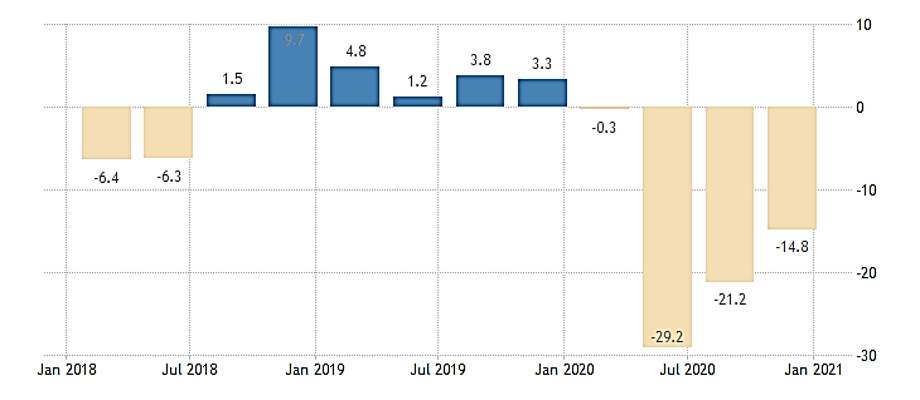
Consumer Confidence in Nigeria increased to -14.80 points in the fourth quarter of 2020 from -21.20 points in the third quarter of 2020. The Consumer Expectations Survey is based on a sample of 1800 households. Consumer confidence measures consumers’ tendencies and expectations for general economic conditions, job opportunities, and personal financial standing, as a determinant for disposable income availability and offtake for real estate and other services. The overall consumer confidence index is computed as an average of three measures: the outlook on macroeconomic conditions, family financial situation and family income.
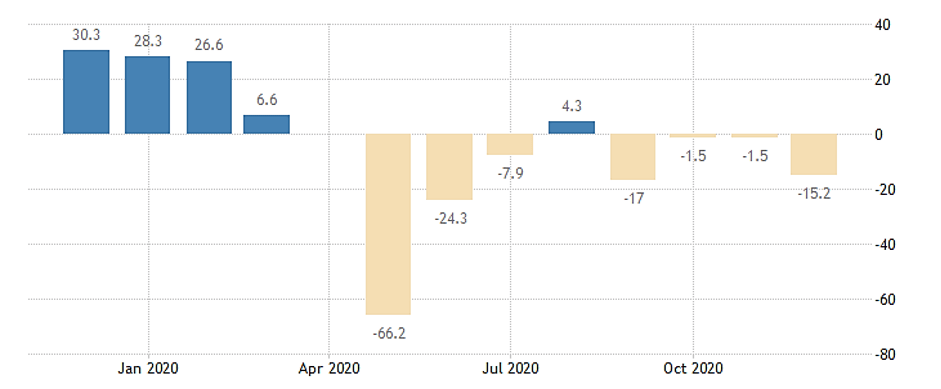
of 1850 companies and provides advance indication of change in overall business activity in leading firms from the main sectors of the economy: Services, Industrial, Wholesale/Retail Trade and Construction. The overall index is computed as the percentage share of firms that have an “improving outlook” less percentage share of firms that have a “deteriorating outlook”.
NMRC & Stakeholders Discuss Challenges at WAPI Summit: : Critical real estate stakeholders have
highlighted the challenges facing the sector and prospects, urging the Federal Government to put up policies that would safeguard local investors. The stakeholders met at the 7th edition of the West Africa Property Investment Summit (WAPI), which held physically and virtually in Lagos. Real estate experts have called for the participation of more local players in the real estate sector. They also called on the government to give more support for local players to enhance growth. The experts spoke at a press conference marking the seventh edition of the West Africa Property Investment summit held in Lagos.
.
NMRC Backs Adoption of Green Buildings: Towards celebrating early adopters and encouraging housing industry players to adopt sustainable building practices, the International Finance Corporation’s (IFC) EDGE brought together champions of green buildings in the Nigerian real estate industry to share their experiences in Lagos. As part of the event, the Nigeria Mortgage Refinance Company, also expressed support for the adoption of green buildings in Nigeria, stating that it is the new direction in housing development due to the low maintenance cost, better retail value, and ecofriendly nature. The event, which was held on the side-lines of West Africa Property Investment (WAPI) summit and attracted government leaders, housing development finance institutions, private developers, and a wide array of housing industry stakeholders.
Stakeholders Seek New Housing Finance Strategies: Stakeholders in the real estate sector have
identified a lack of access to construction finance by private developers as a major factor militating against the realization of affordable housing delivery in the country. They also said the proposed national housing bond is critical to provide cheaper financing and expand existing portfolio of assets as well as create jobs in the sector. The experts, who spoke at the Housing Investment Forum in Abuja, noted that the proposed bond by the federal government will accord the sector the prominence it deserves in addressing mass houses issues.
FGN to Begin Demolition of substandard Buildings: The Federal Government through the Federal
Housing Authority has warned that it is set to commence the demolition of substandard buildings inFestac, Lagos State. This was disclosed by Mrs Francisca Michael-James, FHA’s Head of Town
Planning, South-West Zone, during a delegation to Festac Town, according to NAN. She warned that all efforts to stop developers from encroaching and building without approval in FESTAC had failed as the developers ignored orders to ‘stop work’, highlighting that demolition notice served on illegal occupants had since elapsed.
